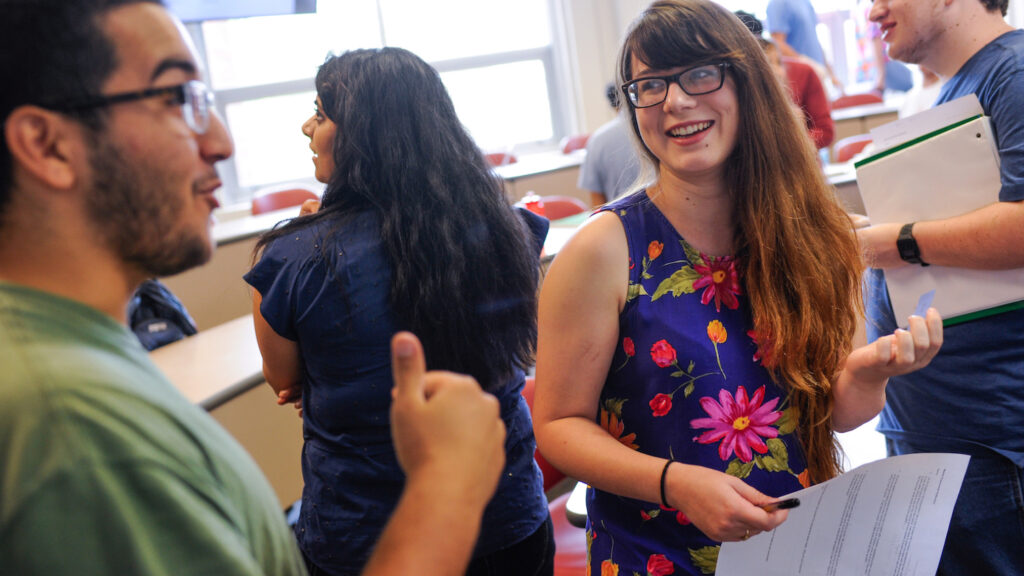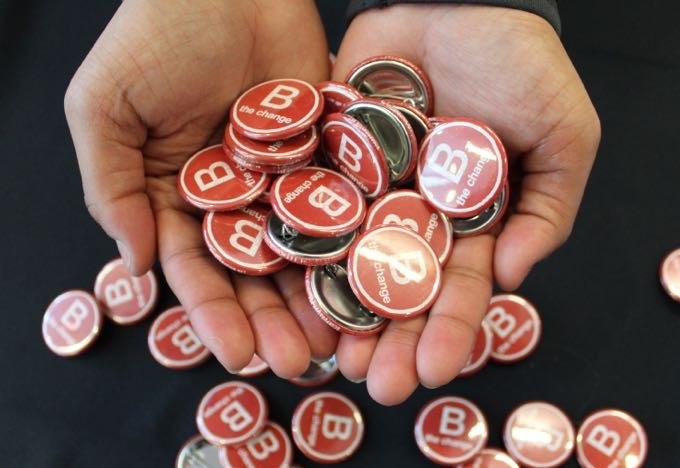Key Concepts
We prepare our students to speak the language of sustainability so they can hit the ground running upon graduation.
Defining Sustainability
When we talk about sustainable business, what exactly do we mean? The increasing application and implied meaning of words like sustainability can be confusing. Here are the defintions that we use:
The Language of Sustainability

Key concepts in sustainability are integrated across our undergraduate and graduate business curriculum from sustainable supply chain management to understanding green consumer behavior.
27 percent
of Poole College faculty have integrated sustainability related concepts and content into their courses.
Key Organizations
B Lab: B Lab is the nonprofit network transforming the global economy to benefit all people, communities, and the planet.
UN Sustainable Development Goals (SDGs): According to the United Nations, the SDGS are “a set of goals to end poverty, protect the planet and ensure prosperity for all as part of a new sustainable development agenda. Each goal has specific targets to be achieved over the next 15 years.”
The Sustainability Consortium (TSC): TSC is a global non-profit organization working to transform the consumer goods industry by partnering with leading companies to define, develop, and deliver more sustainable products.
Sustainable Accounting Standards Board (SASB): SASB is an independent, private-sector standards setting organization based in San Francisco, California dedicated to enhancing the efficiency of the capital markets by fostering high-quality disclosure of material sustainability information that meets investor needs.
B Academics: The Global B Corp Academic Community (B Academics) is a network of educators and researchers from around the world who are committed to accelerating the sustainable business movement by studying the global movement of B Corporation certification and benefit corporations. B Academics work with each other, the global B Lab network, and the B Corp community to share best practices and identify opportunities for collaboration with regard to research, teaching, and experiential learning.
